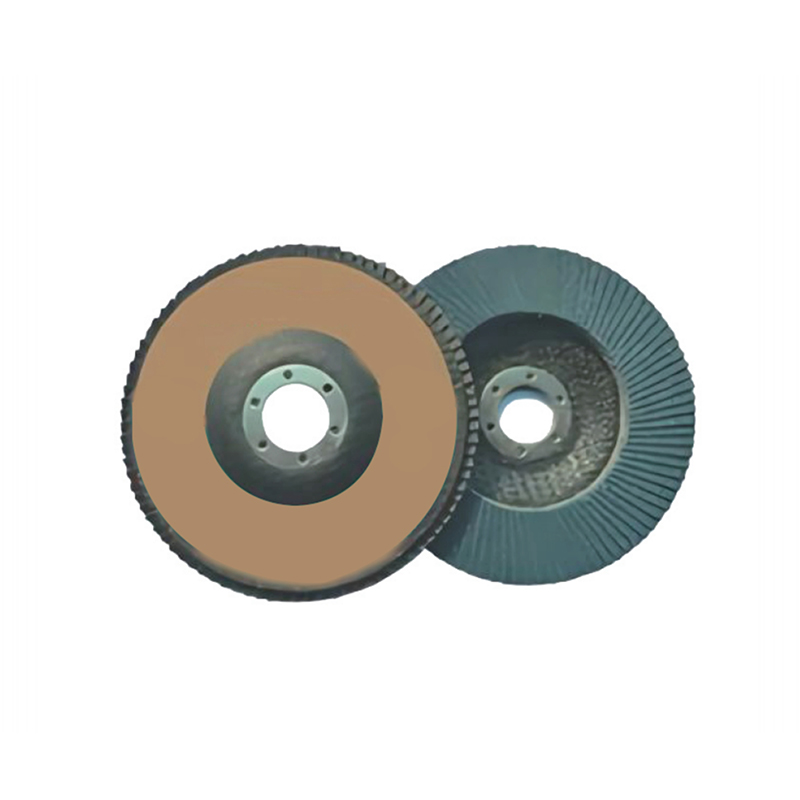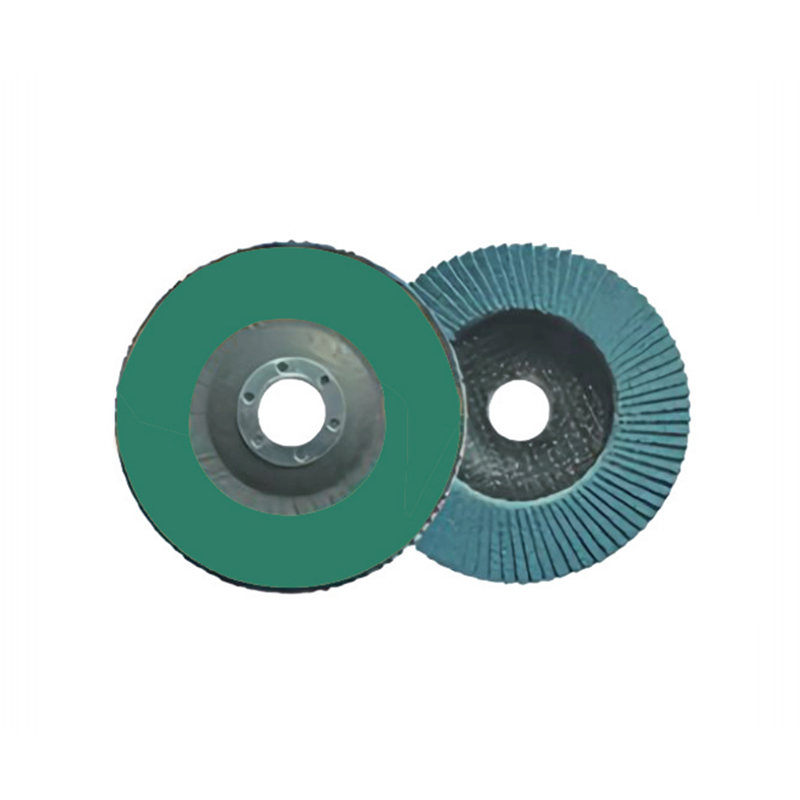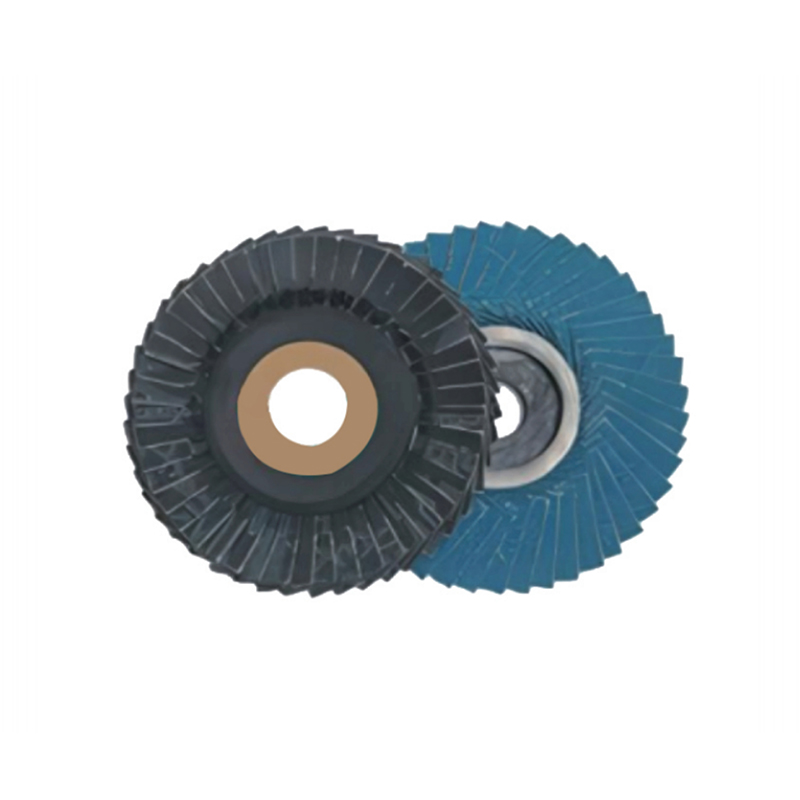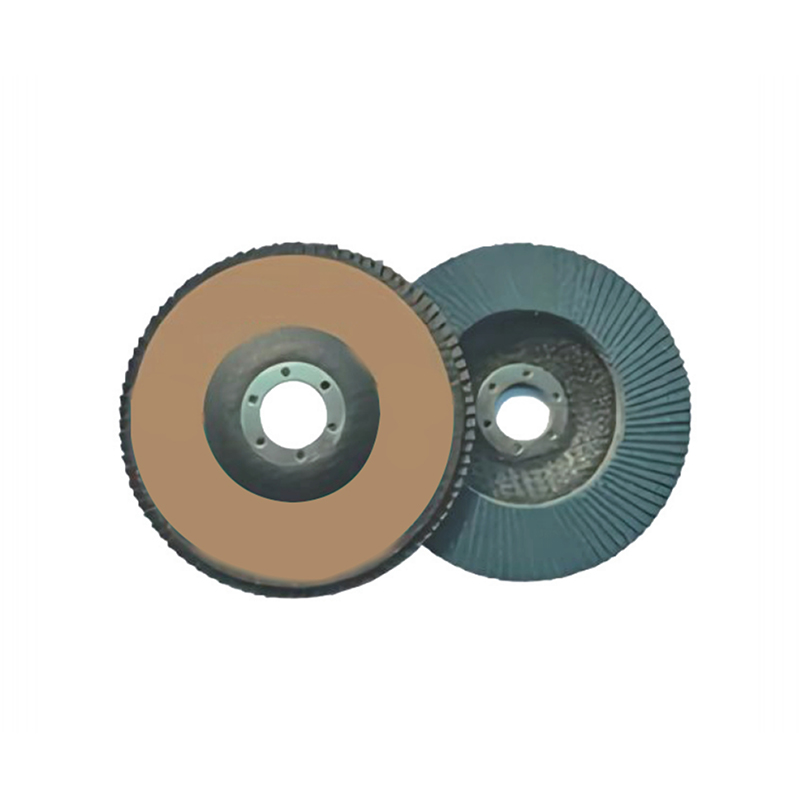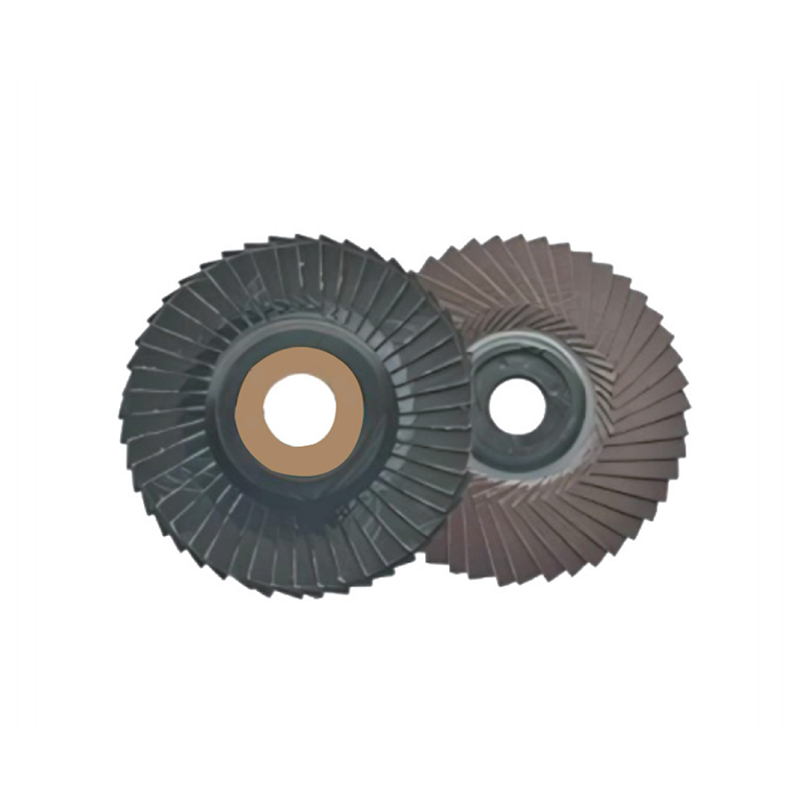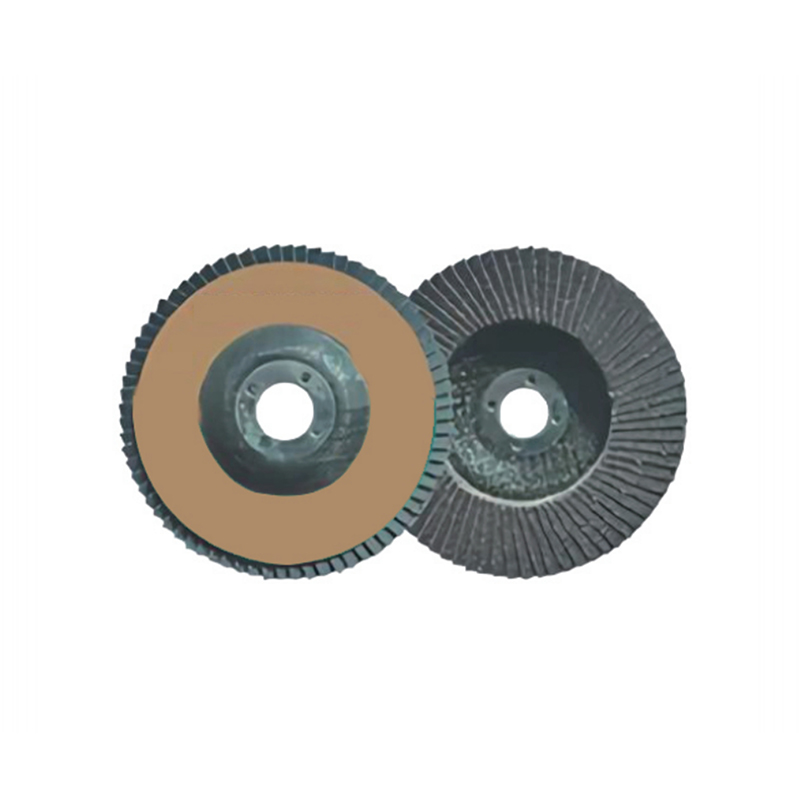T27 Grinding and Polishing Safe Flap Disc
Product Size
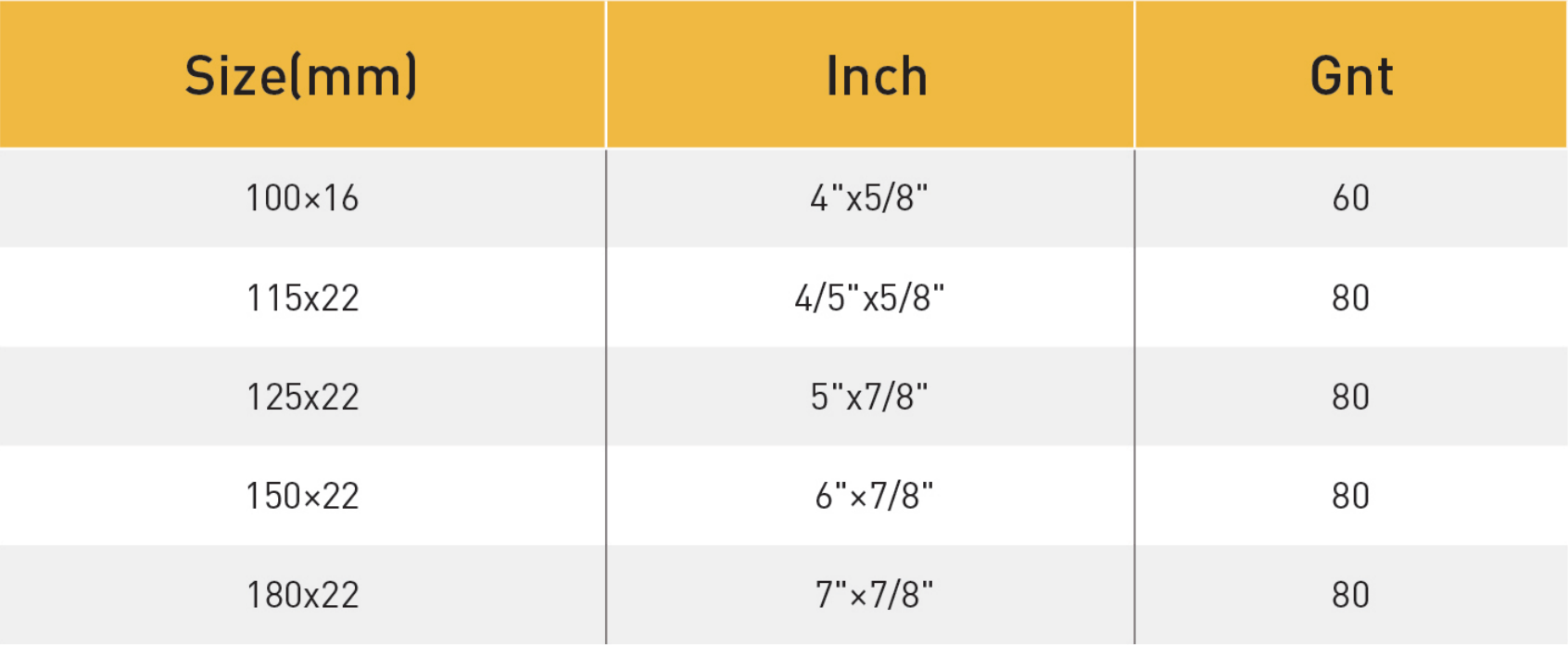
Product Show
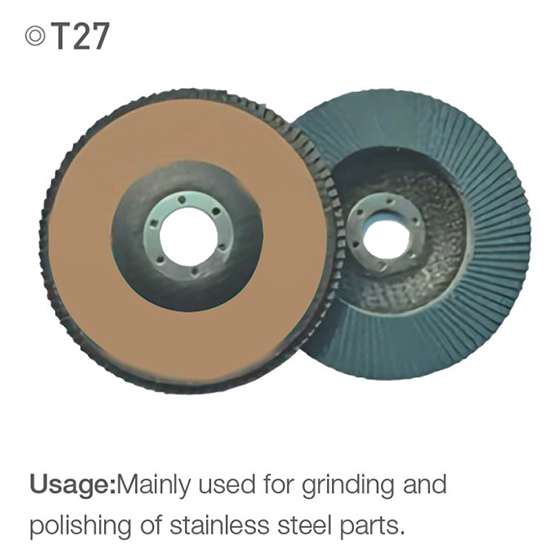
Low vibration systems reduce fatigue for operators. This machine can grind a variety of materials, including stainless steel, non-ferrous metals, plastics, paints, wood, steel, mild steel, ordinary tool steel, cast iron, steel plates, alloy steels, special steels, spring steels. Fast, smooth, durable surface finish, good heat dissipation, and no pollution. If gouging resistance and final finish are crucial, it is an effective and time-saving alternative to bonded wheels and fiber sanding discs. You can maximize the use of blind blades by choosing the right ones for weld grinding, deburring, rust removal, edge grinding, and weld blending. A louver wheel's relatively strong cutting force can be adapted to cutting materials of varying strengths. In addition to grinding and polishing large pieces of equipment, this machine has several times the hardness and long service life of tablet products. Heat-resistant and durable, it outperforms similar machines.
Excessive use can result in louver blades being overheated, leading to faster wear and reduced abrasive effectiveness. Venetian blind blades work at an angle, so the grinding process will take longer if the louver blade does not engage enough metal to grind it effectively. You will have to adjust the angle based on what you are grinding. If the angle is too flat, it is possible for excess blade particles to connect with the metal. A horizontal or horizontal angle of five to ten degrees is typical. An excessive angle can result in excessive wear and poor polish in blind blades.

